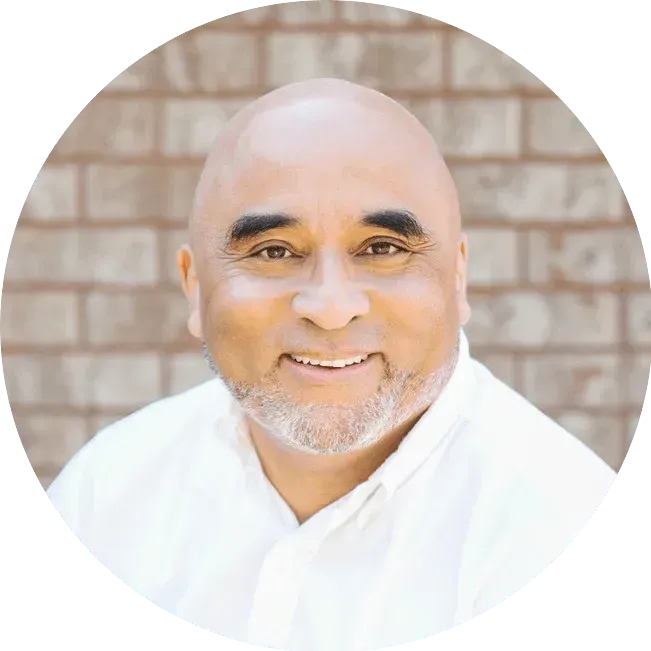Mortgage Documentation, Plan Ahead!
Collecting the right documentation to prove you are a worthy candidate to borrow a lot of money to buy a property can be an arduous task. The most recent government rule changes and tightening of mortgage qualification isn’t making things easier. If you seem to think that there is no end to the documents lenders want to see before funding a mortgage, you’re right, they ask for a lot. But the truth is, that’s just the way it is now, borrowing money isn’t an easy process.
As an example, if you’re self-employed, using bonus income, overtime, shift differential, working two jobs, receiving isolation pay, or have income that isn’t all that straight forward, there is a chance you will have to provide two years worth of your Notice of Assessments to verify your income. If you don’t have a copy of your NOAs handy, qualifying for a mortgage is going to take a little more time for you. Here’s why:
Up until very recently, accessing your NOA online was a simple process, you could pay a nominal fee to a reputable online company, and they could access your tax information from CRA and provide you with the documentation necessary to prove your income. However the Canada Revenue Agency has just changed the use of the form T1013 and has stated that it can no longer be used to access information solely for income verification. So if you are unable to find your NOAs, and you don’t have a My Account with CRA, it could take up to 4 weeks to gain access to the necessary documentation to substantiate your mortgage application.
Now, if you are thinking to yourself, “this doesn’t affect me, I can find my NOA”, great, but you’re missing the point. The truth is, in today’s mortgage marketplace, things are changing at such a rapid pace, the only good way to stay on top of things is to plan ahead. There are more exceptions than rules. Don’t simply rely on what you think you know about the process, talk to your mortgage professional. If it’s not the NOA, it will be something else. Collecting the appropriate documentation is taking more time than ever as lenders are requiring more documentation than ever. So if you’re serious about the process, you will want to do everything you can to make it a success. This requires a great deal of planning.
Here are some situations you might find yourself in, and what to do when you’re there.
- If you are looking to buy your first home, and you don’t know where to start, or have never been through the process, you should be in touch with your mortgage professional up to a year in advance. Seriously, sometimes it takes that long to get yourself into a place where you will qualify for a mortgage.
- If you have a plan in place, and want to start looking at properties, the first thing to do is contact your mortgage professional and get a pre-approval in place. From there, you will want to collect all your documents, so that there are no surprises. Do this before you ever look at a property.
- If you are have been considering a refinance to your existing mortgage, anytime is a good time to contact your broker for professional advice.
- Six months before your existing mortgage renews is a great time to reach out and discuss your mortgage options with your mortgage professional.
So the moral of the story is: It can’t be stressed enough, if you are considering your mortgage options, it’s in your best interest to plan ahead by discussing your financial situation with a mortgage professional, this will allow you enough time to get all the documentation together, and in turn, allow you the best chance at getting the mortgage you want.
If you would like to talk about your financial situation, and your mortgage options, please don’t hesitate to contact me, I’d love to work with you.
Share
Recent Posts






